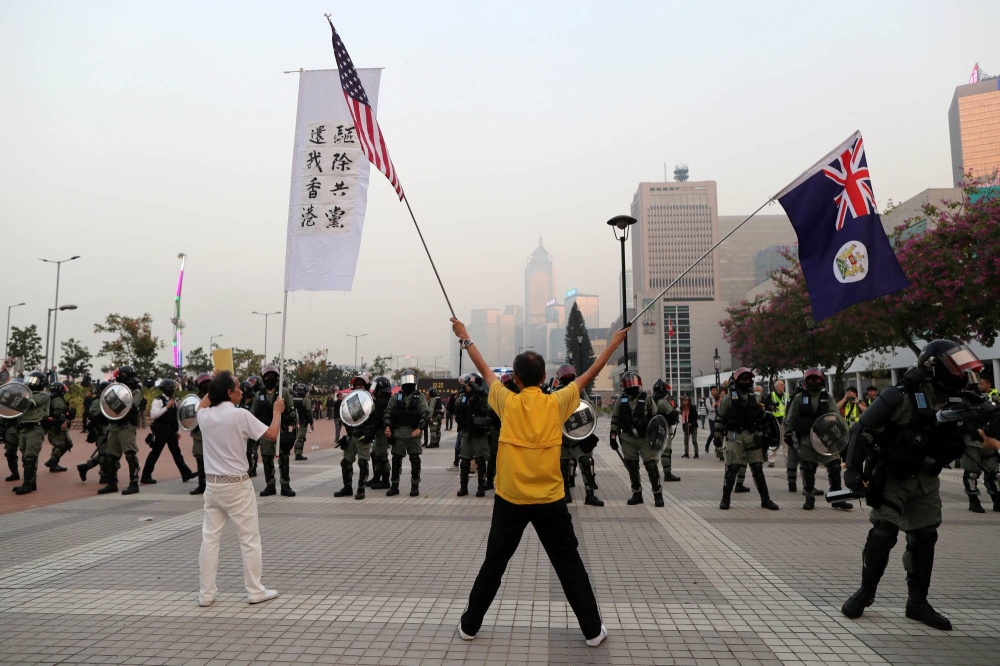


China has rejected key Western-led recommendations for human rights reforms at a U.N. meeting in Geneva. The recommendations were made as part of a U.N. review of China's human rights record. China accepted nearly 70% of the more than 400 reform recommendations it received, but rejected several key proposals put forward by Western countries. The rejected recommendations included calls for an end to the detention of Uyghurs and other Muslims in Xinjiang, as well as demands for greater transparency and accountability in China's human rights practices. China has consistently denied any abuses in the detention of Uyghurs and other Muslims in Xinjiang, despite widespread reports and evidence to the contrary. The U.N. review follows a 2022 report that said the detention of Uyghurs in Xinjiang may constitute crimes against humanity [8fc71559].
This latest development further underscores the ongoing tensions between China and Western countries over human rights issues. Western countries have been increasingly vocal in their criticism of China's treatment of Uyghurs in Xinjiang, while China has continued to defend its actions and reject calls for reform. The U.N. review process provides an important platform for Western countries to raise their concerns and put pressure on China to address human rights abuses. However, China's rejection of key recommendations highlights the challenges of achieving meaningful change in a diplomatic context [8fc71559].
Hong Kong's Chief Secretary Eric Chan Kwok-ki has vowed to protect and promote human rights in the city, rejecting 'unfounded remarks' made in a United Nations Human Rights Council (UNHRC) meeting. The domestic legislation to safeguard national security is said to create an environment where residents can enjoy freedoms and a peaceful and prosperous way of living. The working group on the Universal Periodic Review of the UNHRC adopted a review report on China, which included 24 recommendations pertaining to Hong Kong. The Hong Kong government actively responded to views and suggestions about the city's human rights situation and rebutted unfounded remarks from a small number of countries. The US's latest human rights report accused Beijing of violating the Sino-British Joint Declaration and the Basic Law by continuing to dismantle Hong Kong's political freedoms and autonomy. Beijing accused the US of smearing the reality of conditions in Hong Kong and meddling in local and national affairs. [5aa61d28]
Beijing has criticized the US consulate in Hong Kong for suggesting that a recent United Nations review showed China's violation of human rights in the city. The local commissioner's office of the foreign ministry condemned the consulate for adopting the 'delusion of using Hong Kong to suppress China' and argued that local residents were best positioned to comment on the state of human rights and democracy. The office referred to a post published on the consulate's account on X that said the UN Human Rights Council's review showed Beijing's violation of human rights in the city. The post mentioned that the review showed Beijing broke promises to people in Hong Kong when they took away Hong Kong's autonomy and democratic institutions. Hong Kong passed the Safeguarding National Security Ordinance in March, mandated by Article 23 of the city's mini-constitution, which includes 39 offenses related to national security. The recommendations on Hong Kong in the UN review report included calls to repeal the two national security laws and to release individuals arbitrarily detained for exercising their right to freedom of expression [0baf9b3f].